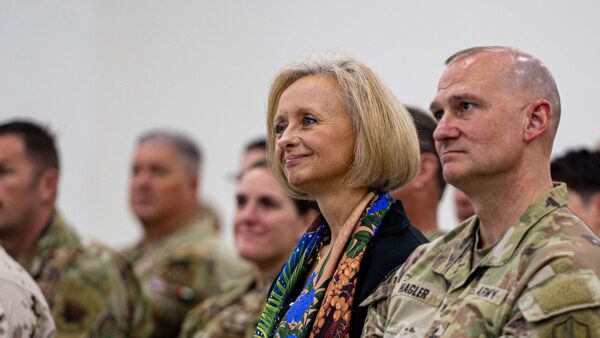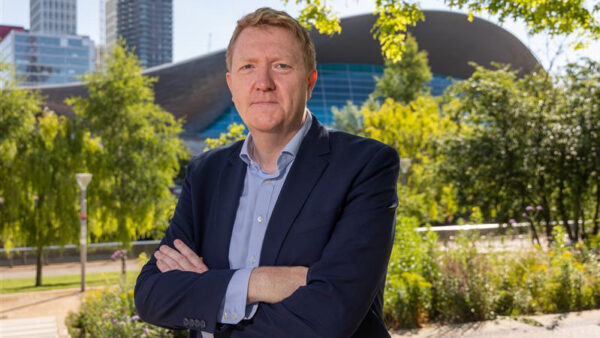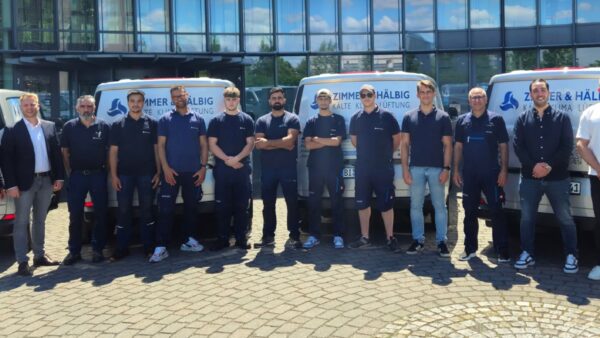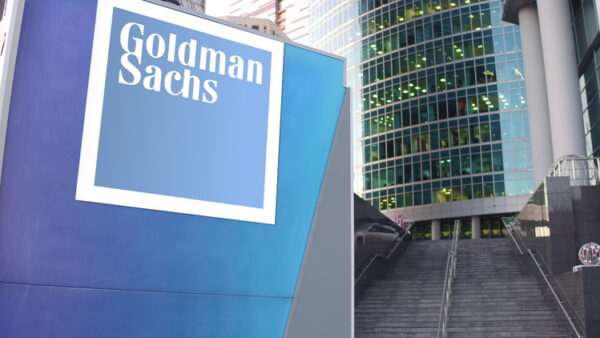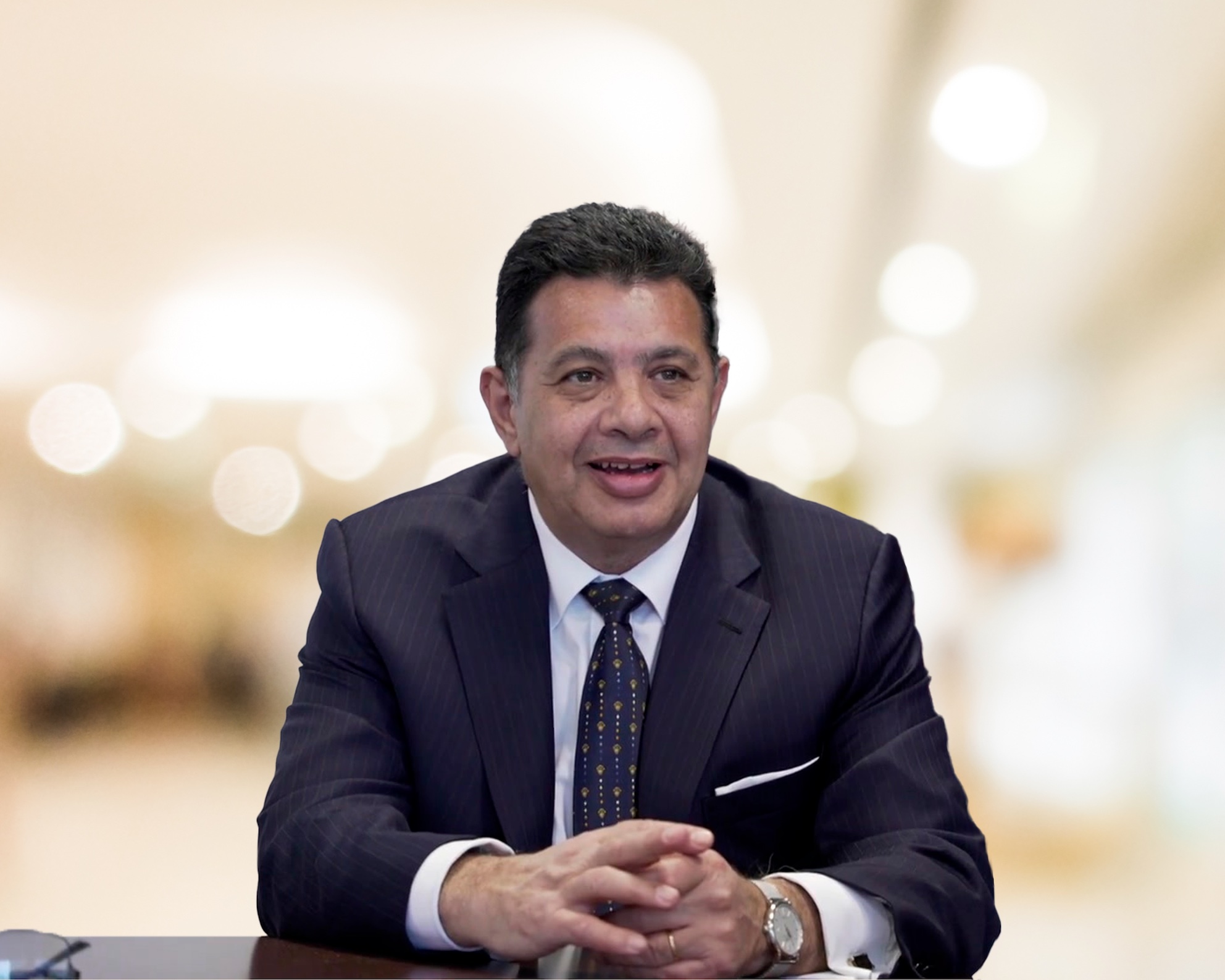
It is a year since Hill International, the US’ largest independent project management company, was merged and delisted, and the results have been pretty much what the company expected when it accepted the deal: a strengthened balance sheet and functional autonomy.
So says Raouf Ghali, who this year will complete 30 years as a Hill executive, and six as its chief executive.
This combination of freedom and cash might seem a little too good to be true, but Ghali says that’s how it turned out: “We have the capabilities and the depth to provide a lot more services than we used to, but retain a lot of independence.”
The deal is in line with the employee-ownership business model of Global Infrastructure Solutions, or GISI as it’s more commonly known.
This New York-based company was built by former Aecom managers, who bet that a privately owned group would be at an advantage over a listed company, since it could plan and invest for the medium term, rather than meeting the quarterly expectations of Wall Street.
An ideal marriage
That intuition has been borne out by GISI’s evident success: it now has something like 14,000 employees in 100 countries and generates annual revenues of around $12bn, with project backlog of more than $23bn.
As such, the $173m asking price for Hill was affordable, despite being the fourth significant deal carried out in 2022.
As for Hill, the merger came at just the right time. Its history as a listed company had not been a particularly happy one – over the past 10 years it had suffered a declining share price, boardroom battles with activist investors, legal battles with its founder, and a general sense that it did not have the financial capital it needed to make the most of its human capital.
As Ghali puts it, Hill now has “the capabilities and the depth to provide a lot more services than we used to, but retain a lot of independence”.
During “the year of integration” the two companies held meetings about once a month, and much of the discussion was about growing Hill’s presence in the US market, which is where it sees the main growth potential.
“The US market is the largest in the world, and because of where our balance sheet used to be and the type of services we offered, we were not such a strong player. GISI, being who they are, and having John Dionisio and all the former Aecom guys, they have a wealth of experience in the US. So, they are a part of a lot of the strategies that we are forming.”
The new arrangement has brought changes to Ghali’s workload.
Rather than worrying about the Securities and Exchange Commission, he has to worry about hiring enough people to meet Hill’s, and GISI’s, growth requirements.
“I can focus on augmenting our talent pool, because we’re back to managing megaprojects internationally, and we’d stopped doing that for a while.
“Our balance sheet and our liquidity weren’t there. You know, when you get a megaproject, you’ve got to put 300 people on it, and it takes a while for all that money to come back. Now we’re going after big projects all over the place.”
“We grew the company last year by about 150 people, and with the balance sheet now strong, we have over $550m in new business that we signed. So we’re bullish about the future.”
A new structure
Along with the financial heft to once again tackle schemes such as the $4bn 6th of October City Monorail in Cairo, Hill has altered its structure, becoming what Ghali calls a matrix organisation.
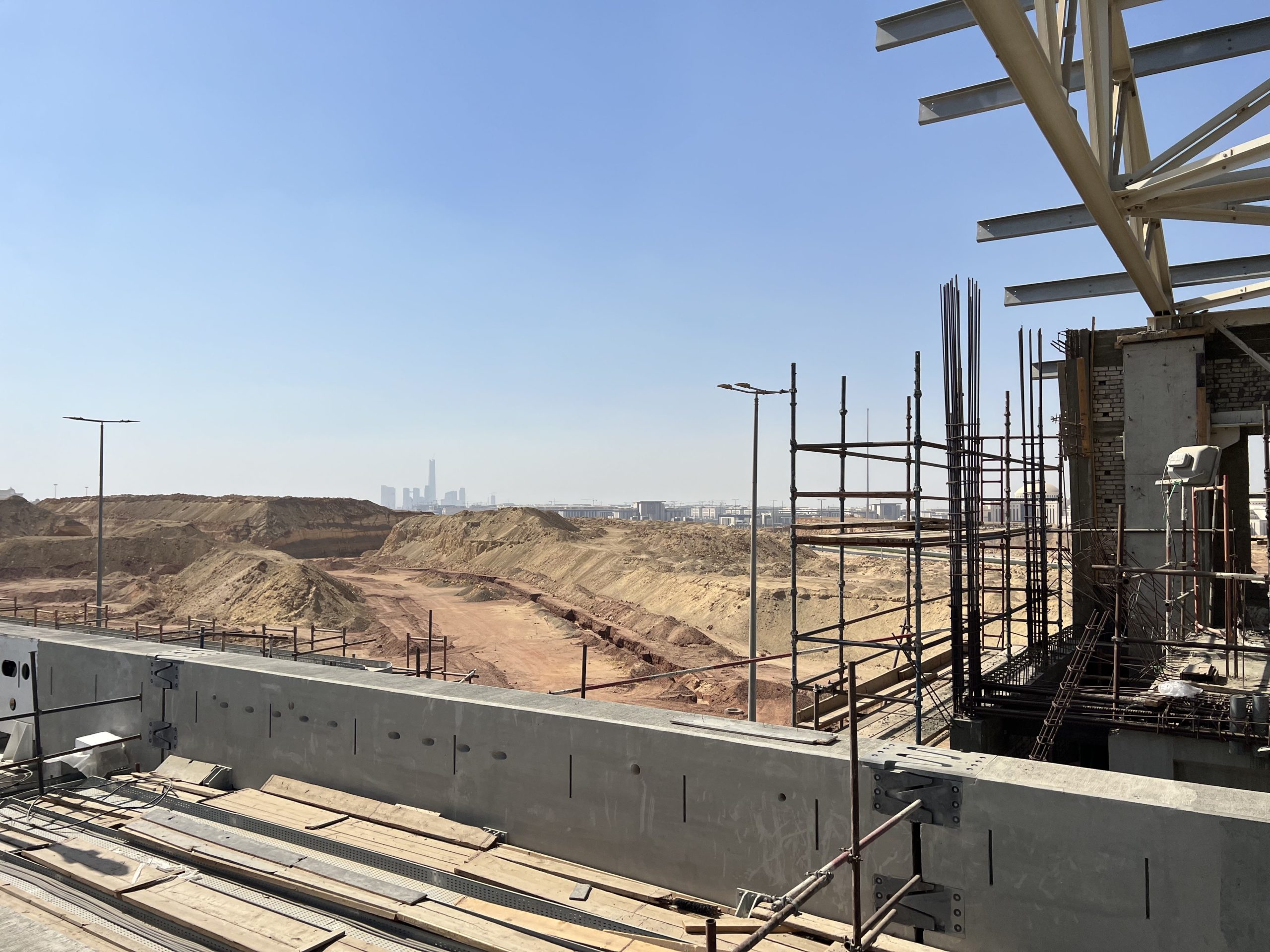
The aim is to be more agile, following developments in particular sectors while maintaining a wide geographical coverage.
This can be imagined as a grid, in which the vertical element is provided by Hill’s three main areas of operation: North America (45%), the Middle East-North Africa (30%), and Europe (25%).
The horizontal element is provided by the company’s recently created “end market” units.
Ghali says he proceeded with “baby steps”, mindful of the complexities of a matrix organisation and the need to prevent the growth of overheads.
The first of these was in aviation under airport specialist Steve Morris, who joined Hill from Jacobs in 2019.
This proved successful, and was followed by a disaster recovery group that was designed to work with the Federal Emergency Management Agency on natural disasters in America.
“That was initially aimed at the US, but unfortunately it’s global – I say ‘unfortunate’ because nobody likes to have disasters, and we’re starting to see things like floods happening in Europe that never happened before.”
Transport is another global unit, with an emphasis on rail, whether high-speed, urban or mono. This is headed up by Tom Spearing, who returned to Hill from Aecom.
The final end-market is federal work, and that is confined to the US, and primed to tackle the flow of work stimulated by the Bipartisan Infrastructure Law, which assigned $1.2 trillion for the transportation, energy, and climate sectors.
Preparation
Government work of one kind or another has always been a staple element of Hill’s diet, and these days that is more true than ever.
In the US, the Infrastructure Law alone will fund $600bn of transport projects, and in Europe, the EU has approved €850bn to upgrade the infrastructure in its member states, with the largest recipients being Italy, Germany, Spain, and Greece.
The catch, Ghali says, is that winning contracts requires particular skills. For example, in Europe, countries have complex bureaucratic procedures to identify projects and get them approved by all the stakeholders that have a say.
As a result, clients are usually in a hurry by the time it comes to finding bidders, and the ability to gain a granular understanding of what is wanted and then put in the right tender at short notice is often a significant advantage.
“You have to understand how much is going to Germany, say, and which sector. And if it’s in a sector you’re interested in, you have to go to the ministries and authorities and start understanding what their priorities are and where they’re going to fund, and then position yourself.
“If you just wait until the RFP [request for proposals] comes out and just respond to it, your probability of success is not going to be good.”
Disaster relief
Another area where nimbleness and GISI’s business model come together is disaster relief.
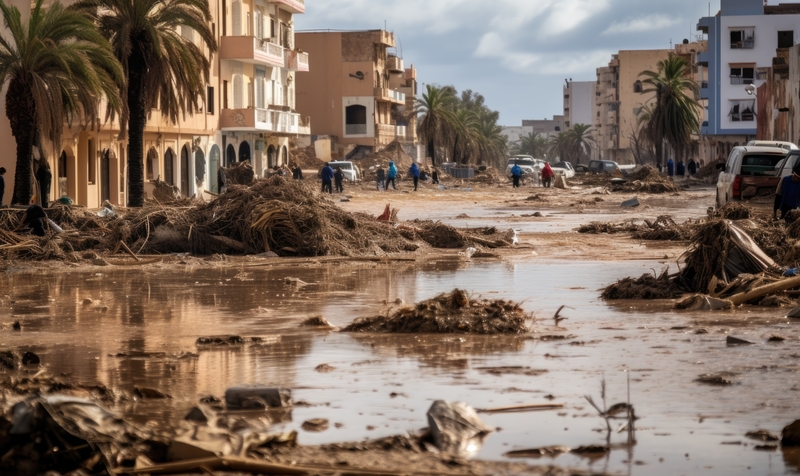
There is a scientific consensus that sudden catastrophic events – fires, storms, and floods – are going to increase as the climate warms.
This means that there will be an increasing need for companies that can put together aid packages.
Ghali gives the example of the dam collapses in Libya last September, which might have killed as many as 11,300 people in the city of Derna. Hill already had a team working in Tripoli, and was well known to the Libyan authorities.
“We got a call from our friends in Libya saying can you guys come and help us. I said we have a dedicated group, and we also had a sister company, Palladium, that looks at disasters from an environmental and disease point of view,” he said.
The advantage of the GISI model, Ghali adds, is that teams can be formed with a few phone calls, rather than through a formal joint venture agreement.
“We’re owned by the same shareholder and we can figure out the internal paperwork later on. Our competitors, the Aecoms and the Jacobs of this world, have internal groups, but they don’t have the option of saying I could bring my sister companies but I don’t have to. They have to be promoting everybody.”
The year in prospect
This year, Hill wants an acquisition. Ideally, it would increase its firepower in the US market, and it would have to be done in coordination with GISI.
Ghali explains: “The way GISI is set up, if there is a target that we want, we have to write a business case and discuss it with them. They would probably lead the deal and then tuck it in underneath us, or merge it with us. But it’s definitely something we want to do in the coming year.”
Ghali is looking for a company “that is very interesting and specialised”, possibly in the field of disasters, federal work, or transit.
He is positive about 2024, expecting inflation to recede and interest rates to fall.
Hill’s emphasis on public sector infrastructure shields it from the volatility that has hit other sectors like private residential.
“The way I see it, selfishly, in our bubble, based on the prospects and the business we signed last year, and the pipeline that we have, and what we think we’ll be signing in the first quarter – I can only say it’s going to be a great year.”
Further reading:



